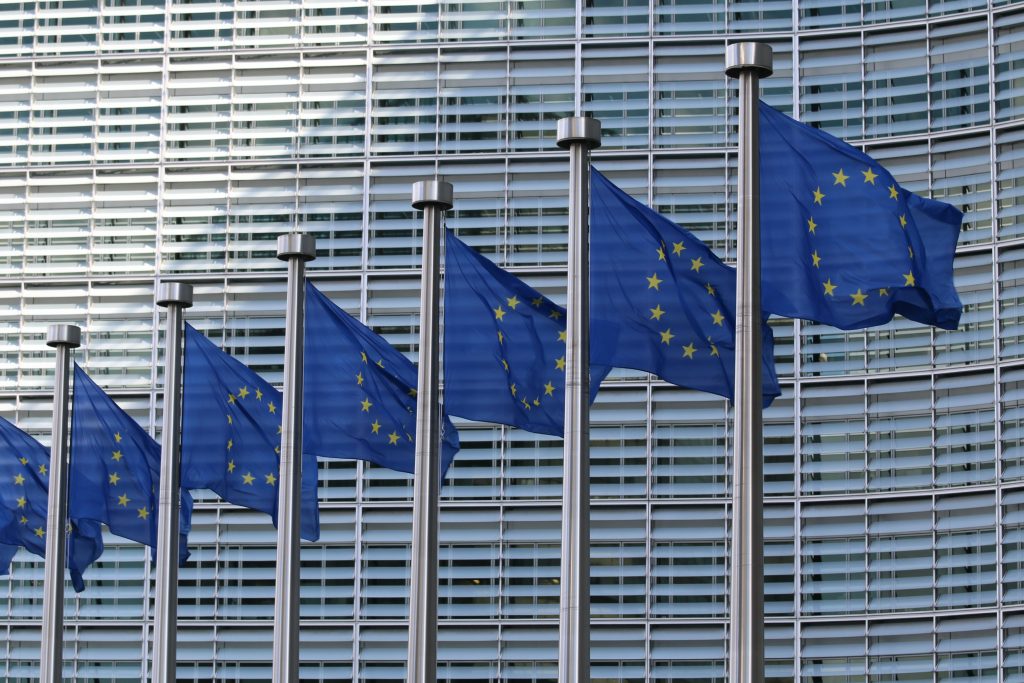François Foret, Université Libre de Bruxelles (ULB).This article was originally published by The Conversation.
At the start of 2021, the future of Europe is subject to questions regarding the impact of a series of transformations and traumas – the post-Brexit era, the redefinition of transatlantic relations under a new US administration, some leaders’ loss of legitimacy because of their management of the sanitary crisis or the challenges to democracy and rule of law created by authoritarian-leaning governments.
A survey conducted in eight countries
The preliminary findings of a research project exploring the cultural and normative foundations of the European multilevel governance provide some insights.
Citizens of eight European countries, including the largest (France, Germany, Italy, Poland, Romania, Spain, UK) and most controversial (Hungary) ones were asked “how influential will be [some] political actors on the future of Europe in the years to come”. Respondents were asked to evaluate a range of leaders on the continent and beyond: Emmanuel Macron (France), Angela Merkel (Germany), Boris Johnson (United Kingdom), Viktor Orbán (Hungary), Recep Tayyip Erdoğan (Turkey), Joe Biden (United States) and Vladimir Putin (Russia), as well as Pope Francis.
A first glance at the results of the survey confirms that Europeans do not totally see their fate in the hands of their leaders. Angela Merkel is the key player, while Emmanuel Macron is ranked in the third place between two non-Europeans, US president Joe Biden and Russia’s Vladimir Putin. As a reminder that secularisation does not exclude religious influence, Pope Francis outranks “strongmen” such as Orbán and Erdogan. With the exception of Putin, authoritarian leaders do not fare that well, suggesting that despite their rhetoric, they do not hold the keys of continental affairs in the eyes of the public.
National rulers are most often not credited with more influence in their own country, and often the reverse. Citizens from other countries are more enthusiastic than the Germans regarding the role of Angela Merkel, while Eastern Europeans see Boris Johnson as much more influential than UK citizens do.
Contrasting perceptions
Shifting from the perspectives of leaders to those by country, two findings are significant. Five out of eight leaders are granted their highest level of influence in Italy, and two others in Romania. With due caution, it may be interpreted as the usual reliance of two weak states on European multilevel governance (both supranational and transnational) as an answer to dissatisfaction toward national institutions.
On the other hand, the British grant to all leaders without exception less than their average European scores, and in many cases their worst level of all countries. France is also severe, and this may be a reflection of the reluctance of citizens from former global powers to defer to foreign powers. This phenomenon is much less observed in Germany. And if a representative for European trends overall can be identified, it would be Spain, which provided answers close to the averages of all countries.
The data are the outcome of a survey carried out by Billendi in December 2020 on behalf of the Cevipol-Institute of European Studies, ULB, with the support of the FNRS.![]()
François Foret, Professeur de science politique, Université Libre de Bruxelles (ULB)
This article is republished from The Conversation under a Creative Commons license. Read the original article.
Photo by Guillaume Périgois on Unsplash




